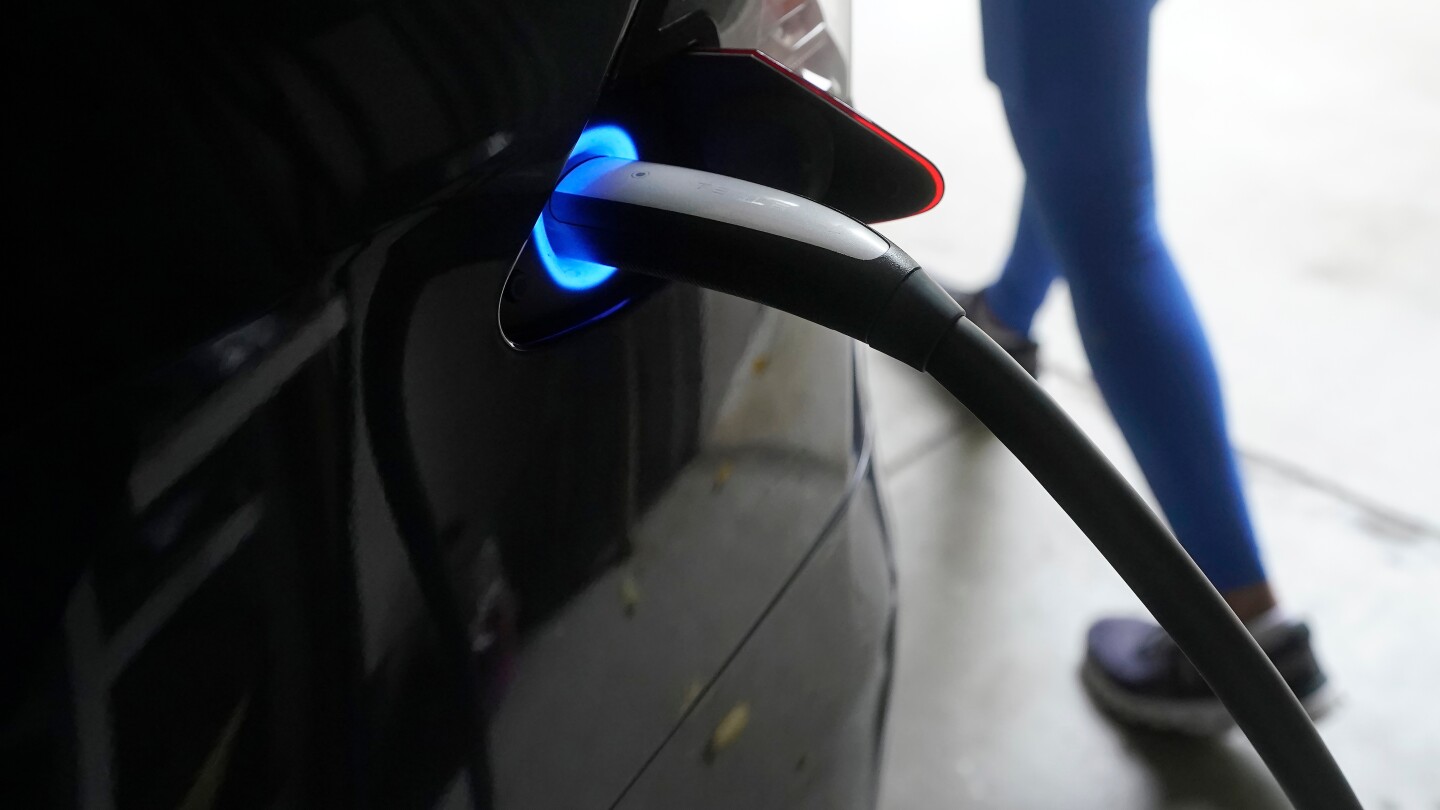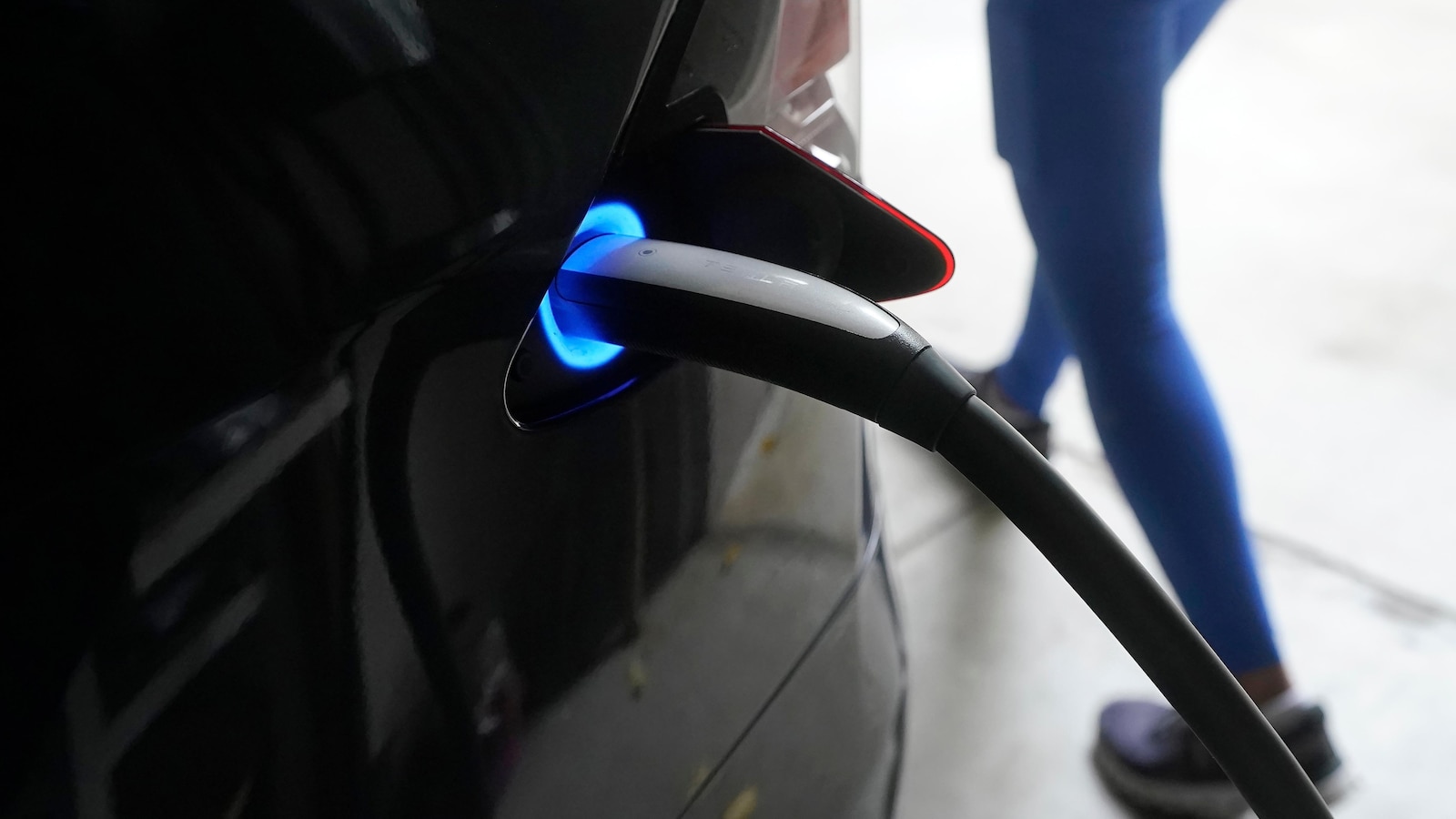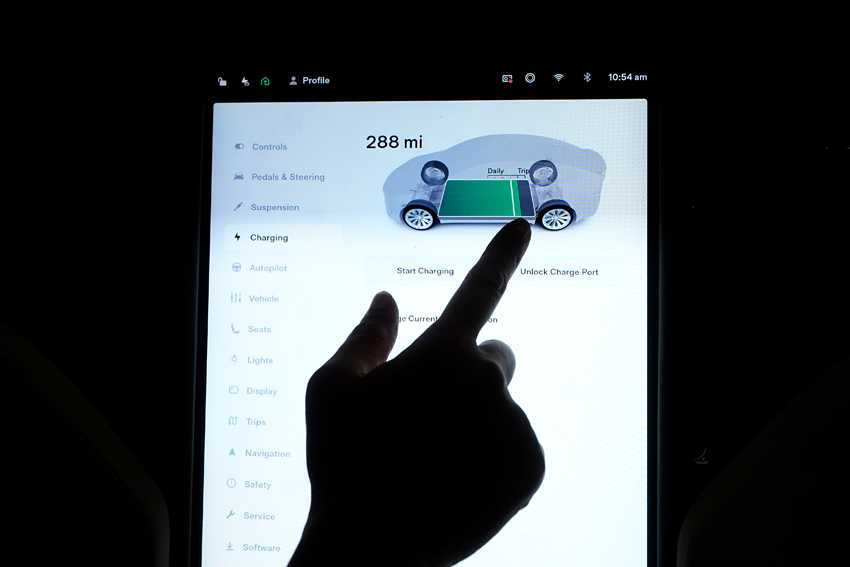Despite its enormous energy consumption, AI has the potential to deliver significant environmental benefits. Research shows that the technology can improve building efficiency and optimise electric vehicle performance, leading to emissions reductions of up to 20%. This is especially relevant in the context of rising global energy demand and the urgent need to combat climate change.
In buildings, AI can reduce energy use by managing heating, ventilation, and lighting more intelligently. In transportation, it enables more efficient route planning and battery management for vehicles, generating considerable energy savings. While the training and operation of AI systems require vast amounts of electricity, the efficiency gains and emission cuts achieved at the local level can provide tangible benefits.
In sum, AI presents a paradox, although it consumes substantial energy, it can simultaneously drive reductions in emissions when applied effectively. The observed 20% decrease in buildings and vehicles indicates that under the right regulatory and industrial frameworks, the technology may not only be part of the problem but also part of the solution in addressing climate change.
Sources:
1.

2.

3.











